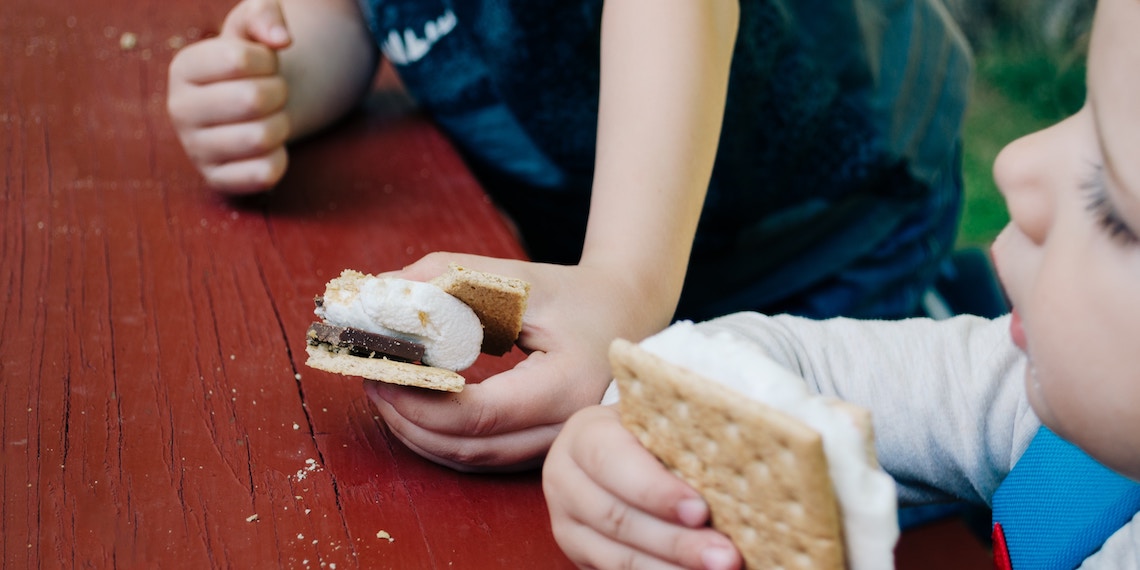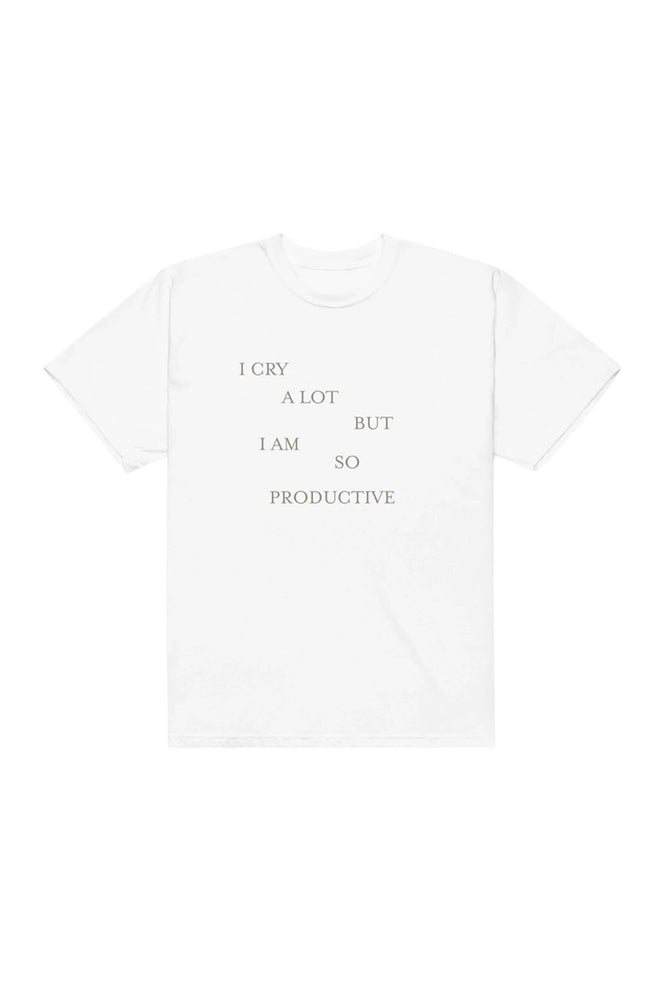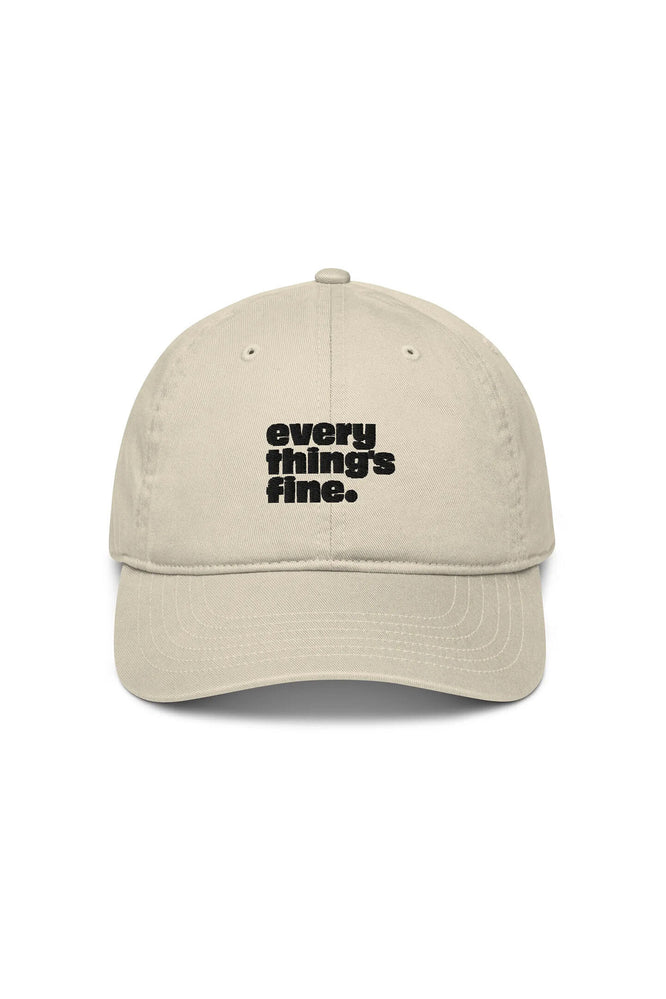Weight loss programs and diets are nothing new, but there’s no question that social media and internet culture have pushed the world of weight loss to new places. These days, the name of the game is not weight loss, but wellness. Wellness is a global industry worth more than $4 trillion, and companies are desperate to stake their claim. While we’ve seen lots of new companies emerging in the wellness space, older companies have also been forced to adapt with the times. Enter the company formerly known as Weight Watchers, who created some major controversy this week when they announced Kurbo, a new app aimed at kids and teens.
Weight Watchers, which rebranded as WW International (Wellness Wins) last year in an aim to focus more on overall “wellness” than strictly weight loss, has been a major player in the weight loss space for more than 50 years. They acquired Kurbo in 2018, and then spent a year making changes before relaunching the app. Among the changes include adding what TIME called a “Snapchat-inspired interface,” which really seems like the aesthetic we should be going for with a weight loss app. Will there be dog ears?
But according to Gary Foster, the chief scientific officer at WW International, it’s not a weight loss app. He describes Kurbo as “an app that teaches in a game-ified, fun, engaging way what are the basics of a healthy eating pattern.” Okay, so there’s nothing wrong with encouraging kids to learn how to eat healthy, but the claim that it’s not a weight loss app don’t really hold up when you compare Gary Foster’s words with those that come directly from WW. In an official statement, they say that Kurbo is a “scientifically-proven behavior change program designed to help kids and teens age 8-17 reach a healthier weight.”
Either I need to go back to English class, or “reach a healthier weight” sounds like an extremely diplomatic way of saying “lose weight.” Look, I’ve needed to lose weight since I was approximately 10 years old, so I know what it sounds like when I hear it. The app uses a so-called “traffic light system,” in which foods are assigned red, yellow, and green lights. Obviously, things like candy fall in the red light category, while vegetables and fruits are safely in the green zone. I haven’t seen the specific guidelines for this system, and it seems logical enough, but it’s pretty comical to pretend that it wasn’t designed with weight loss in mind.
It seems like Gary Foster might have realized this, because he added that he sees that “there could be some misperception that somehow we’re saying, ‘All kids should lose weight, you’re not OK as you are,'” and then he says that the goal is to provide a “reasonable, sensible” method for “kids who are trying to achieve a healthier weight.” Soooooo it’s a weight loss program.
And predictably, people are f*cking pissed about this, pointing out that diets don’t work, kids are having body image issues as young as 3 years old (yes), and that overall, children should not feel pressured into looking a certain way.
KURBO.
I thought that I hated Weight Watchers. I have not hated them as much as I do right now.
Making weight loss trendy for children is making the development of eating disorders easier and trendier. I am not here for this.
— Anna Sweeney MS, CEDRD-S (@DietitianAnna) August 13, 2019
Hey @weightwatchers. Yes, you.
? Putting kids on diets is NEVER okay. ?
Even if you call it a lifestyle change. And give them a free app.
I have enough struggling clients. You don’t need to create more.
Sincerely,
A Concerned Eating Disorder Dietitian— Josée Sovinsky, RD ☕️ (@JoseeSovinskyRD) August 14, 2019
However, WW is sticking to its story that Kurbo is “a science-backed tool uniquely designed for kids and teens who want to improve their eating habits and get more active.”
We’re excited to introduce @KurboHealth, a science-backed tool uniquely designed for kids and teens who want to improve their eating habits and get more active. Find out more at https://t.co/1hvFKOWAGd! #WellnessThatWorks pic.twitter.com/a5SLVS5wtk
— WW (formerly Weight Watchers) (@ww_us) August 13, 2019
At the end of the day, we don’t know enough about Kurbo to say for sure whether the program is good or not, but it seems disingenuous for WW to try to distance themselves from the weight loss component of the app. Even if it’s also meant for kids who aren’t trying to lose weight, that doesn’t really seem like the main target audience here. Surely, there are young people who could benefit from weight loss (speaking from experience here), but should probably talk to your doctor before going on any kind of weight loss program, no matter what it might be disguised as.
The thing is, with wellness being such a gold mine, you know that the main motivation behind all of this is money. If WW didn’t think there was money to be made in developing an app for kids, they never would have done it. Even if the app itself is great, they’re not helping anyone by beating around the bush with their goals. I don’t have anything personal against WW and their programs, but being cagey about the intentions behind them isn’t the way to promote a healthy culture around wellness and our bodies.
Images: Kelly Sikkema / Unsplash









































